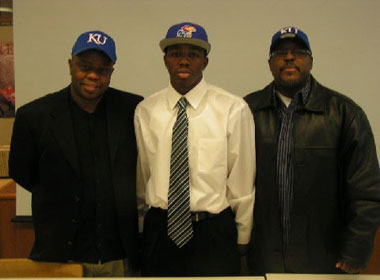
No one has ever defined the word “soul” to the satisfaction of everyone, and no one ever will. That is because it is one of those entities that is more effectively felt than described. You know it when you hear it, and it is the foundation of rhythm ’n’ blues.
Teddy Pendergrass, who died Wednesday, Jan. 13, following a long battle with cancer, was the epitome of soul. He was also one of the bona fide sex symbols of Black music. His concerts were as hot as his many hit records, especially during the peak years of his solo career, 1977 to 1982.
It was indeed a “Love T.K.O.” every time Theodore Pendergrass went into the recording studio or hit the stage. Everybody liked Teddy, but women had a special affinity for him. To put it bluntly, he excited them sexually and emotionally.
Teddy knew just what to say, as he sang passionately about closing the door, turning off the lights, taking a shower together, lighting a candle, “rubbing your back where it’s sore” and then, well, it was time to get to the “main event.”
Men never complained because in a very real sense, Pendergrass was setting the stage for them. Their ladies would be “in the mood” and, of course, many lovemaking encounters had Teddy’s music as a backdrop.
TEDDY PENDERGRASS was born March 26, 1950, in Philadelphia. By the time he reached high school, he knew that his calling was singing and performing. Like most African Americans, he did a lot of singing in church, but it was R&B that beckoned.
One of his major influences was Marvin Junior, the lead singer of the Dells whose gruff, full-of-fire voice and style Teddy patterned his after.
Pendergrass came to the public’s attention as a member of Harold Melvin & the Blue Notes, also from Philly, who were a hit-making machine from 1972 to 1977. Their long string of smash hits includes “I Miss You,” “If You Don’t Know Me By Now,” “The Love I Lost,” “Bad Luck,” “Wake Up Everybody” and “Where Are All My Friends?”
All of these songs featured Pendergrass on lead vocals. Only one of the group’s hits, “Hope That We Can Be Together Soon,” featured someone else up front. That song was a Harold Melvin duet with Sharon Paige.


